What Are the 4 Ds of Medical Malpractice?

While medical professionals are meant to test and treat you for potential ailments, sometimes these professionals are not as professional as they should be. Because doctors are human, they also make human mistakes and are just as prone to biases as anyone else. Unfortunately, these mistakes and biases can put patients’ lives at risk.
If you’ve been the victim of medical malpractice and you’re looking to file a claim against the medical professionals responsible for your injuries or illness, you want a medical malpractice lawyer on your side. Medical malpractice lawyers understand that, to win your case, it’s crucial to prove the four Ds of medical malpractice. But what exactly are the four Ds? The four Ds of medical malpractice are:
- Duty
- Dereliction
- Direct causation
- Damages
Each of these factors needs to be found in your case for your medical malpractice claim to be proven.
Duty of Care
Every medical professional is required to uphold a standard of care for their patients. In your medical malpractice case, your lawyers will need to prove that your physician had a duty to provide you with care and that that duty had been breached. Duty of care refers to informing patients of potential risks of medications and procedures, keeping patient information confidential, and treating patients with high standards. This may seem like a simple factor to prove in your medical malpractice lawsuit, but it’s important to remember that not all doctors owe a duty of care to you. A doctor only has a duty of care if you are their patient.
Derelict of Duty
Dereliction refers to a failure to maintain boundaries in an agreed-upon doctor-patient relationship. For instance, as a part of your doctor’s duty of care, they are expected to maintain high standards of treatment. Derelict of duty would include treating you in an unsanitary, unsafe environment. It would also include neglecting your care, providing incorrect medication, and performing unauthorized procedures.
Direct Causation
Direct causation is when a medical professional’s negligence directly causes a patient harm. For instance, if a doctor didn’t perform an ultrasound on a patient’s abdomen after reported of symptoms of appendicitis but instead sent them home without treatment and the patient later experienced a ruptured appendix, this would be considered negligence. Other situations are sometimes more complicated.
Damages
This factor is especially important to your medical malpractice case. Your lawyers need to be able to show that you have been harmed either mentally, physically, or both due to a medical professional’s breach of duty or negligence. In some cases, a medical malpractice lawsuit may turn into a wrongful death lawsuit depending on these damages; accidental injury is the third-leading cause of death in the United States. Testimony, medical records, and prescriptions are commonly used to prove damages.
If you have been the victim of a medical professional’s breach of care of negligence and you’re looking for experienced lawyers to take your case, contact our law offices today for a consultation.
Related Blogs
No Fee Unless
GGL Wins
We've got you covered.
We are available 24/7/365
One of our advisers will contact you.

OFFICIAL PARTNER OF RUTGERS ATHLETICS



Recent GGL Wins
Auto Accident
Mediation award Plaintiff was injured in an intersection motor vehicle collision resulting in neck and lower back fusion surgeries.
$2 Million
Verdict
Workers' Compensation
25-year-old laborer died in an industrial accident while working.
$1.15 Million
Verdict
Construction Accident
Roofer fell off roof causing head trauma resulting in a head injury. Plaintiff was not given fall restraint protection equipment by contractor.







